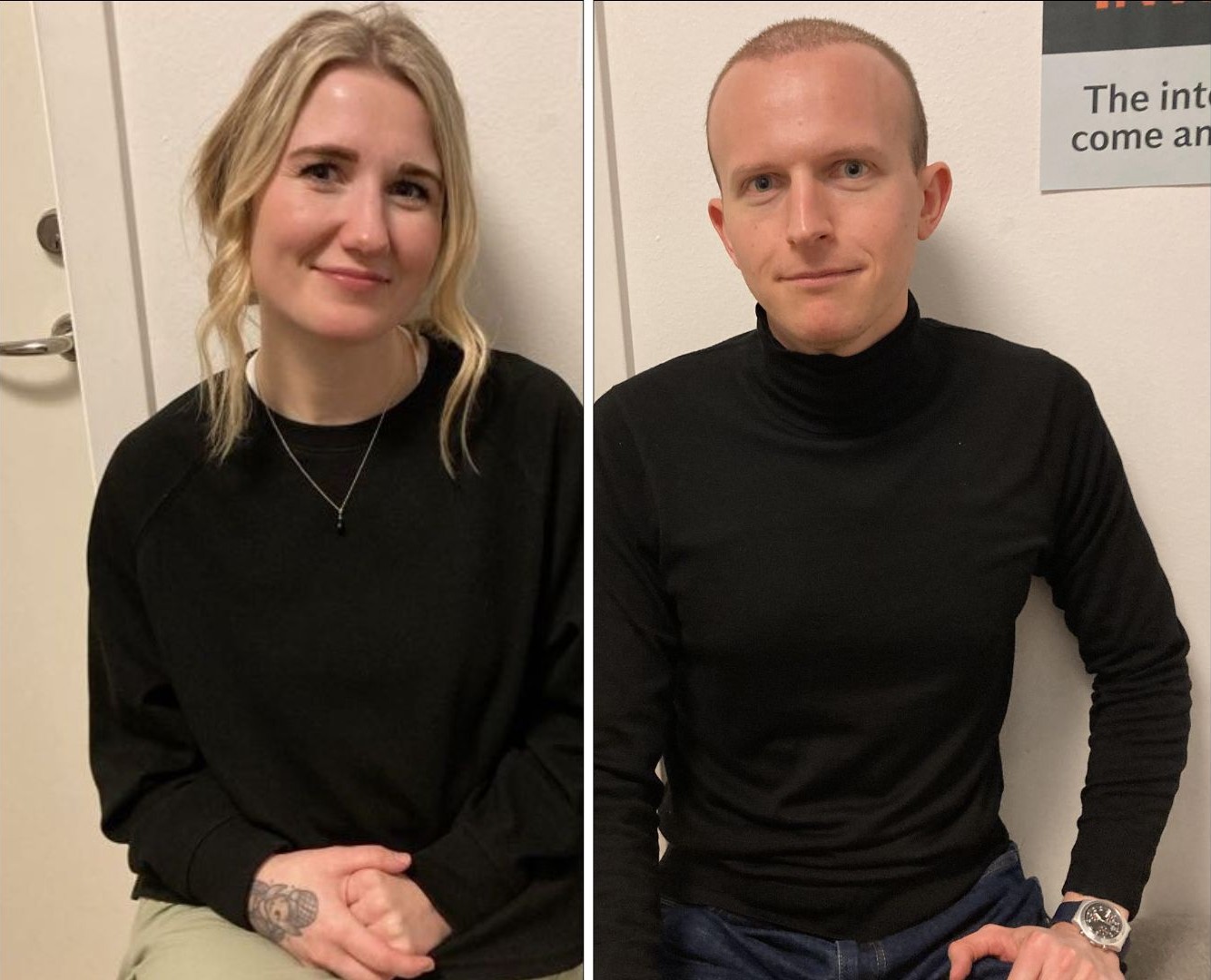Denmark signed the controversial anti-piracy ACTA agreement on Thursday along with 21 other EU countries and Japan.
The Anti-Counterfeiting and Trade Agreement will put in place a tighter legal framework for tackling violations of copyright and intellectual property.
But the secrecy surrounding the details of the agreement, combined with worries about its potential to censor the internet, have led to some large scale protests.
Protestors went on to the street in the cities of Poznan and Lublin to demonstrate after Poland also signed, while some Polish MPs donned masks of Guy Fawkes to protest the ratification.
ACTAÂ’s negotiations have been ongoing for several years and have been conducted behind closed doors. The EU, which has been party to the negotiations, has pushed for more transparency though the US was hesitant to publish any details of the agreement.
What ACTA could mean for ordinary internet users is not entirely known, but concerns have been raised over the decision to make internet service providers monitor the activity of users and disconnect them if they are merely suspected of harbouring copyright infringing material.
Over 500,000 people have signed a petition by activist organisation Avaaz against the agreement.
“The oppressively strict regulations could mean people everywhere are punished for simple acts such as sharing a newspaper article or uploading a video of a party where copyrighted music is played,” Avaaz wrote in a press release. “Sold as a trade agreement to protect copyrights, ACTA could also ban lifesaving generic drugs and threaten local farmers’ access to the seeds they need.”
The EU, which is set to debate ACTA in June, has the final say on whether EU member states, such as Denmark, can ultimately enforce the agreement.













